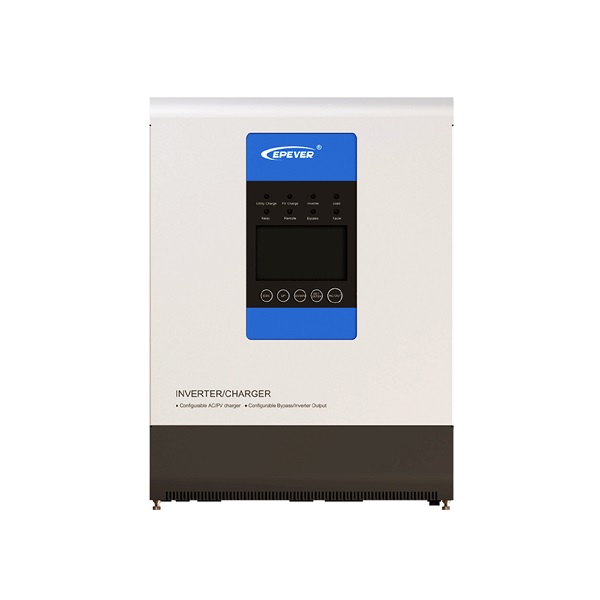C
curbside coffee
Hi. I want to open a mobile coffee shop. I'm finding it difficult to power it without going duel fuel. I'm thinking 4x110ah 12v agm leisure battery's with a b2b charger to the alternator, 200w solar system. And a generator for back up. With a mains hook-up too.
My math got it to 45 mins, (battery only) running flat out! No power top up.
I only need it to run for 2 hours.
The coffee machine gets up to temp in 10 mins.
Coffee machine 2.7k (For 10 mins then when required)
grinder 250w (when required)
water pump 35w (when required)
Also car is a Citroen c1.
Double also! could I run a 2.7k 1 group coffee machine on a 3k pure sine wave inverter?
I already own the car, coffee machine and grinder.
Is this possible before I go knee deep?! (already ankle deep..)
My math got it to 45 mins, (battery only) running flat out! No power top up.
I only need it to run for 2 hours.
The coffee machine gets up to temp in 10 mins.
Coffee machine 2.7k (For 10 mins then when required)
grinder 250w (when required)
water pump 35w (when required)
Also car is a Citroen c1.
Double also! could I run a 2.7k 1 group coffee machine on a 3k pure sine wave inverter?
I already own the car, coffee machine and grinder.
Is this possible before I go knee deep?! (already ankle deep..)












